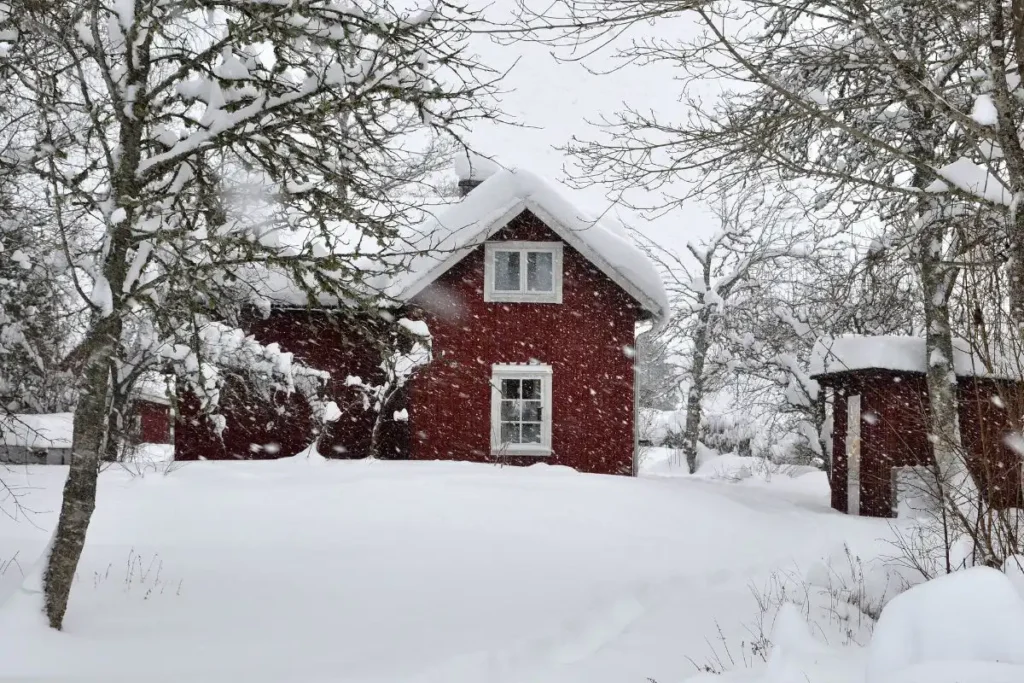Today, eighteen organizations from across Minnesota that advocate for equity and justice in our energy system sent a letter to the administration of Governor Walz asking it to take action to protect the tens of thousands of Minnesotan households who will be severely impacted by the suspension of the Low Income Home Energy Assistance Program (LIHEAP). Normally, LIHEAP funds would be distributed to states starting November 1, but this funding has been halted due to the federal government shutdown.
Minnesota’s Energy Assistance Program (EAP), which receives federal LIHEAP funds, is a crucial program that helps low-income families and individuals afford to keep their homes warm and safe, most critically during the Minnesota winter. Last year, Minnesota received $125 million in federal funding for the EAP that went to more than 120,000 households. According to the MN Department of Commerce, almost 75 percent of EAP recipients had a member who was age six or younger, a person over 60, or a disabled family member.
The groups’ specific demands are that the administration:
- Mandate that all Minnesota-serving utilities—including municipals and cooperatives—halt shutoffs until LIHEAP funding resumes, and the Energy Assistance Program (EAP) is able to distribute assistance.
- Mandate that all utilities suspend late-payment and reconnection fees for the duration of this crisis.
- Direct at least $3 million in emergency funds into the Reach Out for Warmth program—a needs-based emergency fuel fund—for households that rely on delivered propane, fuel oil, or wood as their primary heat source.
“This government shutdown and the delay in LIHEAP funding is a manmade disaster that will hit the families that can least afford it hard as the winter comes,” said Erik Hatlestad, CURE’s Director of Rural Cooperative Energy. “We need decisive action from the state government to fill the gap in federal funding, and to ensure that utilities and fuel delivery companies continue providing essential service despite the federal government’s failure that puts vulnerable Minnesotans in danger.”
The letter also proposes that Minnesota’s richest corporations, including data center developers, should use their wealth to support vulnerable families by contributing funding to the Reach Out for Warmth program.
Some states, including Pennsylvania and Connecticut, have issued moratoriums on utility shutoffs for LIHEAP recipients during the crisis. In Minnesota, Xcel and Minnesota Power have also volunteered to keep the heat on for households that are enrolled in the program and have reached out. However, CURE argues that these actions, while beneficial, do not go far enough.
“Nearly 20,000 households, primarily in rural and tribal communities, needed help last year to pay for heating fuels like oil, propane, and wood that get delivered to their homes,” said Maggie Schuppert, Director of Strategic Initiatives. “And there are a lot of federal workers who don’t qualify for LIHEAP and aren’t getting a paycheck—they are making painful decisions about paying for food, medications, or keeping the heat on.”


